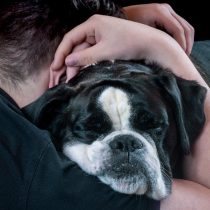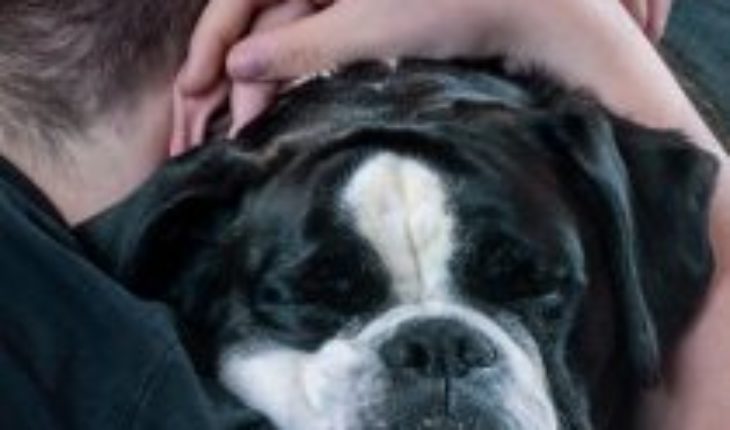
Dogs or cats have become “now more than ever” confidants and transmitters of happiness for their owners. This is explained by Yaracan’s CEO Begoña Morenza, an organization dedicated to animal-assisted therapy.
Pets have ensured that many families or individuals can cope with the situation of confinement in their homes with affection and are now a way of sanitary confinement “a way for the channeling of emotions and hugs”, as well as a means of “talk to them and be able to vent.”
Although their benefits “are the same ones that always give us, we now give them even more value” because “we share with them confidences, fears or desire to move on” and, in addition, “awaken in us the need to take care of others”, especially in the case of those who live alone.
Morenza notes that “sometimes it makes a qualm that it makes a qualm that it makes you look forward to picking up a phone and distressing the listener” so pet owners prefer to vent emotionally with them, which happens “simply by hugging them or telling them how we feel”, as we these animals “perceive our mood, support us and are at our side.”
This specialist recalls that, despite the need to restrict street exits, it is necessary to walk the dogs daily “to do their needs and change a little environment”, since “they are not used to being confined 24 hours a day”.
While cats are more homemade “you have to involve pets as much as you can” in games and routines because they value them “hugely”: felines “have fun and dogs do part of the exercise they are not doing, just as they are not socializing with others canes.”
That is, you have to respect your space and your rest because, Morenza insists, “they are not toys, they are companions and family” and, in that sense, we must also take precautions regarding the possibility that they may be affected by Covid-19.
“Even if they don’t transmit the virus, they can carry it in their hair if an infected person in the family kisses, sneezes or coughs at them,” he warns.
That’s why he suggests using “disinfectant wipes in snout, head, loin and legs when they come from the street, because they have stepped through different areas” and “it is important to maintain their hygiene for the good of all”.
Vaccinated, dewormed and well-kept, “the only pets that infect is love and joy” and, at the moment, “a huge company, a crucial and often invisible task”.
Also remember that at the end of quarantine animals may be affected, since “right now they are all the time with their family and loneliness will come suddenly when we resume the routine”, so he recommends “to ensure a time of adaptation”.





